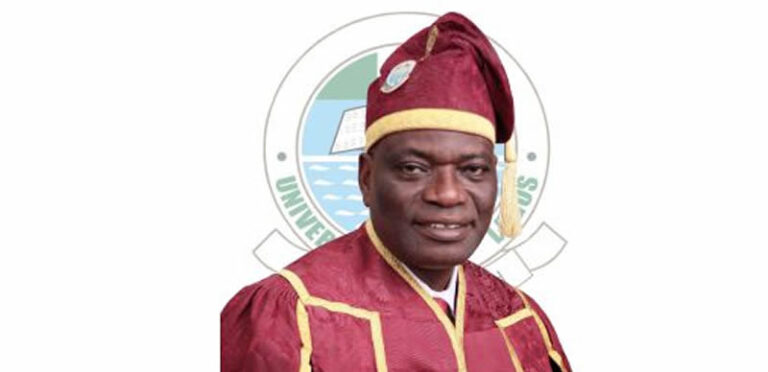By Peter Omopo
Former Vice-Chancellor of the University of Lagos (UNILAG), Prof. Oluwatoyin Ogundipe, has revealed that 239 first-class graduates employed as lecturers by the institution left within seven years due to poor remuneration and unfavourable working conditions.
Ogundipe made the disclosure on Tuesday while delivering a lecture at The PUNCH Forum, themed “Innovative Funding of Functional Education in the Digital Age,” held at The PUNCH Place, Lagos-Ibadan Expressway.
He explained that between 2015 and 2022, UNILAG retained 256 first-class graduates as lecturers, but by October 2023, only 17 remained.
“At UNILAG, we decided to retain first-class graduates as lecturers. In 2015, 86 were employed; in 2016, 82; and during my tenure from 2017 to 2022, 88 were engaged. As of October 2023, only 17 remained. The rest had left because of poor pay and lack of motivation,” he said.
Ogundipe, who is also the Pro-Chancellor of Redeemer’s University, Ede, Osun State, warned that unless urgent measures are taken, Nigeria’s universities risk being dominated by women in the next decade, while poorly qualified candidates would gain admission into postgraduate programmes.
He lamented the chronic underfunding of Nigeria’s education sector, noting that both federal and state allocations have consistently remained below 10 per cent, far short of UNESCO’s recommended 15 to 26 per cent. He further stressed that many institutions now rely heavily on Internally Generated Revenue, which ought to support research but is instead used to cover basic expenses.
“The consequences of underfunding are glaring: Nigeria has the highest number of out-of-school children worldwide, estimated at between 10 and 22 million. Over 60 per cent of primary education funding is absorbed by teacher salaries, leaving little for infrastructure or innovation,” he said.
Calling for urgent reforms, Ogundipe proposed that each first-generation university should receive at least ₦1bn annually to tackle decayed infrastructure. He also urged the Federal and state governments to adopt innovative financing models, including public-private partnerships, alumni endowments, philanthropy, education bonds, and digital platforms.
“The private sector must see education support as enlightened self-interest in building tomorrow’s workforce. Alumni should give back through mentoring, endowments, and advocacy. Civil society, faith-based organisations, and the media must keep driving the demand for reforms. Education is the most sacred trust we must pass on to our children,” Ogundipe said.
PUNCH management staff present at the forum included Executive Director, Business Development and Innovation, Mrs. Valerie Omowunmi Tunde-Obe; Chairman, Editorial Board, Mr. Obafemi Obadare; General Manager, Production, Mr. Olayinka Popoola; and Manager, Advertisement, Mrs. Mary Ubani.
Also in attendance were the Editor, PUNCH Digital, Mr. Lekan Adetayo; Deputy Editor, The PUNCH, Mr. Tana Aiyejina; Associate Editor, News, Dr. Ramon Oladimeji; and Head of Training, PUNCH Media Foundation, Mr. Dele Aina.

